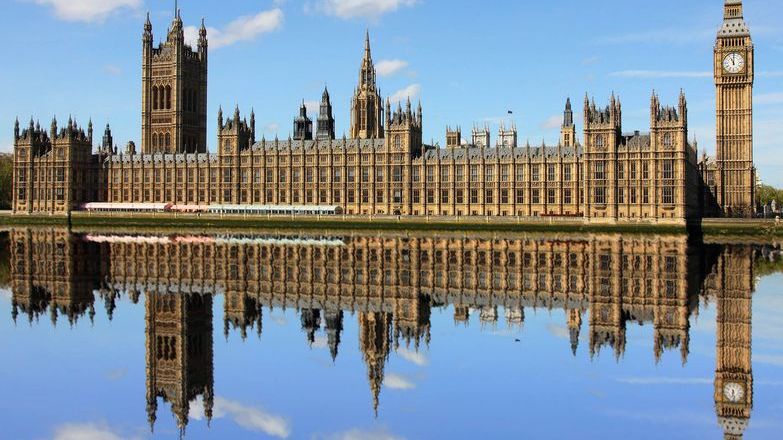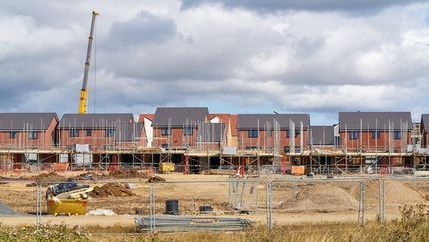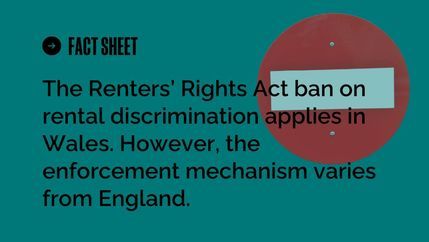
The Renters’ Rights Bill
The UK Government has stated its intention to decisively level the playing field between landlords and tenants, by giving renters greater security, rights and protections and cracking down on unscrupulous practices such as malicious rent rises designed to force tenants out and bidding wars, which were mentioned in their manifesto.
The Bill will aim to create a well-functioning PRS that provides a balance for tenants between flexibility and security. The scrapping Section 21 is a key part, as is introducing new clear and expanded grounds for possession and removing the threat of arbitrary evictions whilst making sure landlords can reclaim their properties when necessary.
To reduce the need for court proceedings in the case of disputes, a new PRS Ombudsman will be created to provide impartial and binding resolutions. Separately, the Victims, Courts and Public Protection Bill will aim to reduce delays in the court system by allowing Associate Prosecutors to work on appropriate cases, as referenced in Labour’s manifesto,
Several measures will focus on improving property standards, with a Decent Homes Standard (DHS) and Awaabs Law extended to cover the PRS. A DHS would set a minimum standard, before a property can be let to tenants. Awaabs Law will provide clear legal expectations about when and how agents and landlords must respond to resolve hazards reported during a tenancy.
Other familiar elements of the Bill are the right to request to keep a pet (although no mention of the right to alter a property so far) and making it illegal to discriminate against potential tenants who have children or receive benefits.
Anti-social behaviour
Through the Crime and Policing Bill, Respect Orders will be introduced as a new tool to tackle persistent offenders. Neighbourhood policing will be revived, and there will be a duty for local partners to work together to tackle issues.
Draft Leasehold and Commonhold Reform Bill
As well as implementing the Leasehold and Freehold Reform Act 2024, which scraped through Parliament at the end of the last session, the UK Government will enact the remaining recommendations made by the Law Commission to improve leaseholders’ rights to extend their lease and buy their freehold (enfranchisement) and take over the freeholders building management functions (Right to Manage).
Ground rents will be regulated for existing leaseholders. Propertymark research and survey input from members cited, as a key piece of evidence for change in the King’s Speech briefing notes.
Additionally, a consultation will take place to identify the best way to restrict the sale of leasehold flats and reinvigorate commonhold, moving a few steps closer to ending leasehold in England and Wales altogether.
The Planning and Infrastructure Bill
Rachel Reeves homed in on the current planning regime as the major obstacle to growth in her first official speech as Chancellor, and this Bill will play a key role in removing the blockers.
Significant change will happen at the local level by modernising planning committees and increasing the capacity to speed up decision-making. Kier Starmer has stated that the planning system must be an enabler of growth – with democratic engagement with how, not if, homes and infrastructure are built.
Speaking on Radio 4 earlier in the day, the Rt Hon Pat McFadden, Chancellor of the Duchy of Lancaster, acknowledged that some developments will be controversial but that providing enough homes is essential to getting the growth the country needs. He also reiterated that UK Government policy is to prioritise brownfield sites - old industrial or inner-city sites that have been cleared - before considering green belt options.
The English Devolution Bill
England is one of the most centralised economies in the world and has some of the highest levels of geographic inequality. Westminster recognises it does not have the local knowledge, capacity, and flexibility needed to take advantage of every opportunity available.
By making it easier to transfer powers back to local authorities, it is hoped that mayors and Combined Authorities can more quickly deliver on issues including strategic planning, housing, and local infrastructure.
The Bill also includes provisions for a ‘right to buy’ for community assets, that will enable local councils to acquire empty shops, pubs, and community spaces to revamp struggling high streets.
Inputting on behalf of members
Propertymark is meeting with officials to understand the proposals in more detail and provide feedback from our members. We have also written to all relevant Ministers now that they are in post, to press forward Propertymark’s priorities and how they fit into the UK Government’s plans.
We will continue to champion our members and the sector to ensure these reforms are evidence-based and fit for purpose.





